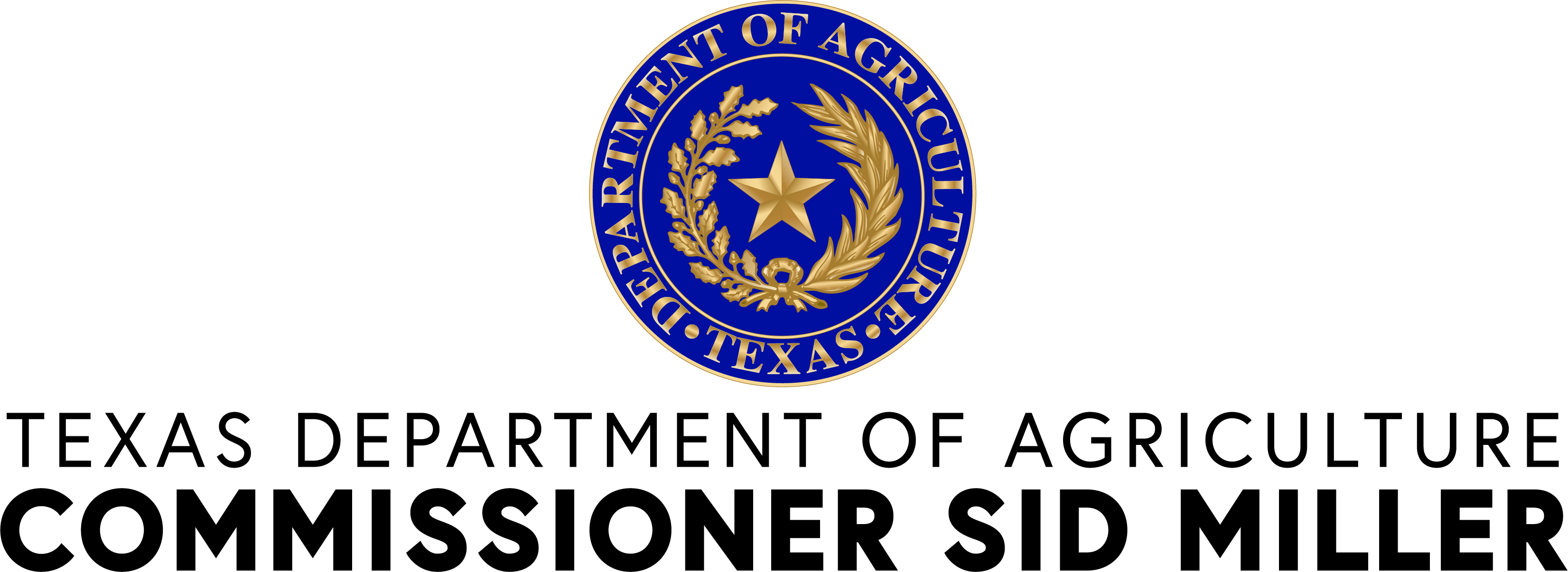|
|
|
Local Wellness Policy
|
|
Every local education agency (LEA) participating in the National School Lunch Program and/or the School Breakfast Program are required to develop, implement, and assess a local wellness policy (LWP).
A Local Wellness Policy (LWP) is a written document of official policies that outlines district level goals to establish, evaluate, and maintain healthy school environments. The LWP describes how the LEA will address local, state, and federal requirements for nutrition education and promotion, physical activity, and school-based activities that promote student wellness. The LWP is written by the School Health Advisory Committee, or equivalent representation, and approved by the school board or governing board.
Once the LWP is approved, the School Health Advisory Committee or equivalent representation develops a wellness plan. The wellness plan generates a strategy that describes how the policies will be implemented into the school environment. Every three years, the LEA must complete a triennial assessment to evaluate school compliance and progress towards attaining goals in the LWP.
Step 1: Develop a Local Wellness Policy

Step 2: Develop and Implement a Wellness Plan

Step 3: Complete a Triennial Assessment

Additional Local Wellness Policy Resources

- USDA Local School Wellness Policy – Resources include LWP outreach toolkit, tips for funding and monitoring, and summary of the final rule.
- Child Nutrition Sharing Site – USDA’s Team Nutrition and The Institute of Child Nutrition have developed a website to help local educational agencies meet the local school wellness policy requirements and establish a healthier school nutrition environment.
- CDC Local School Wellness Policy – Outlines LWP requirements, details stories from school districts that put LWP into action and lists additional resources.
- CDC Healthy Schools: School Nutrition – Outlines a comprehensive framework for addressing the school nutrition environment and services.
- Alliance for a Healthier Generation – Steps to update school wellness policies and put policy into action at the school level.
- WellSAT 3.0 – Wellness school assessment tool to score and improve LWP.
- The Learning Connection – Action for Healthy Kids resource highlights the link between quality nutrition, physical activity, and academic performance.
- SHAC Guide – TX Department of State Health Services developed School Health Advisory Councils: A Guide for Texas School Districts to help school district personnel and community members understand the basics of local school health advisory councils.
- Action for Healthy Kids: Every Kid Healthy Week - Resources to help you celebrate Every Kid Healthy Week which spotlights school health and wellness achievements. It takes place the last full week of April each year.
|
|
|
|
|
|
|
|
|
|
|
Assistance available in English and Spanish. Please call 877-TEX-MEAL (877-839-6325) for help. Additional translations services available as well.
|
|
In accordance with federal civil rights law and U.S. Department of Agriculture (USDA) civil rights regulations and policies, this institution is prohibited from discriminating on the basis of race, color, national origin, sex, disability, age, or reprisal or retaliation for prior civil rights activity.
Program information may be made available in languages other than English. Persons with disabilities who require alternative means of communication to obtain program information (e.g., Braille, large print, audiotape, American Sign Language), should contact the responsible state or local agency that administers the program or USDA’s TARGET Center at (202) 720-2600 (voice and TTY) or contact USDA through the Federal Relay Service at (800) 877-8339.
To file a program discrimination complaint, a Complainant should complete a Form AD-3027, USDA Program Discrimination Complaint Form which can be obtained online at: https://www.usda.gov/sites/default/files/documents/ad-3027.pdf, from any USDA office, by calling (866) 632-9992, or by writing a letter addressed to USDA. The letter must contain the complainant’s name, address, telephone number, and a written description of the alleged discriminatory action in sufficient detail to inform the Assistant Secretary for Civil Rights (ASCR) about the nature and date of an alleged civil rights violation. The completed AD-3027 form or letter must be submitted to USDA by:
|
|
1. Mail:
U.S. Department of Agriculture
Office of the Assistant Secretary for Civil Rights
1400 Independence Avenue, SW
Washington, D.C. 20250-9410; or
2. Fax: (833) 256-1665 or (202) 690-7442; or
|
|
| This institution is an equal opportunity provider. |
 |

|
|
|